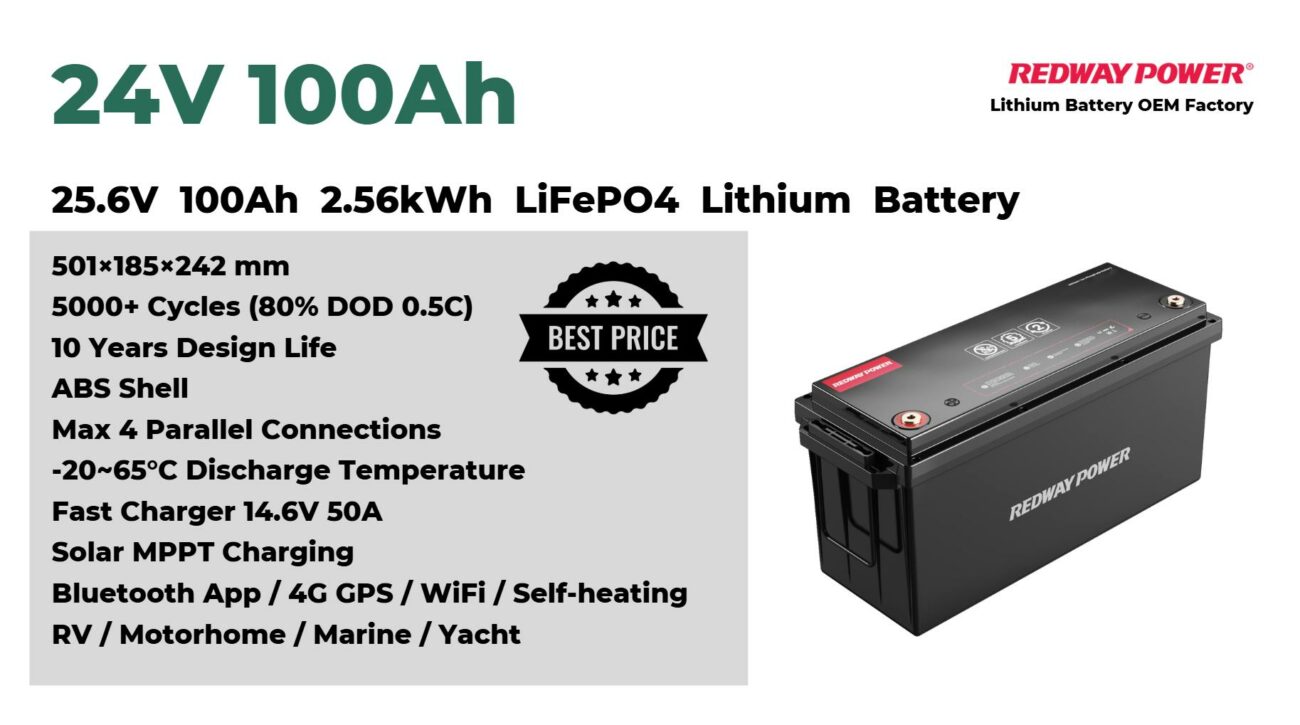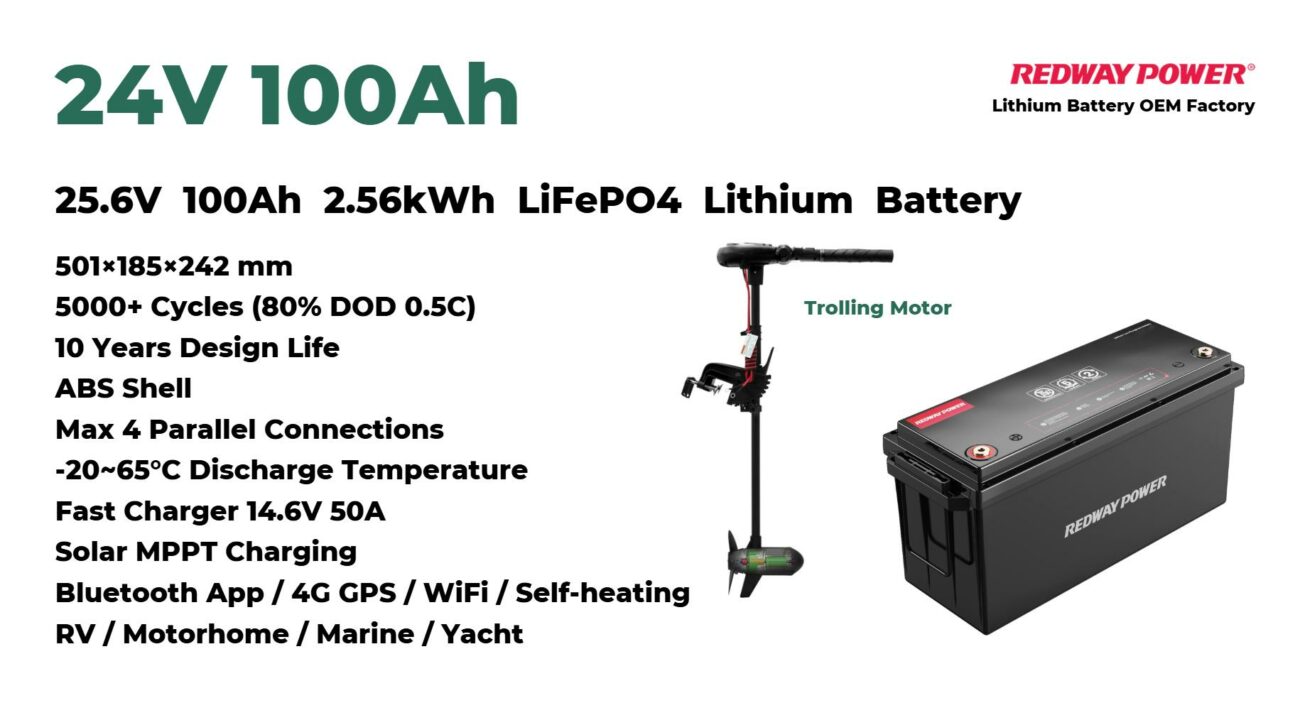24V lithium-ion batteries are rechargeable energy storage devices widely used in applications such as electric bikes, solar energy systems, and various portable devices. These batteries offer high energy density, lightweight design, and long lifespan compared to traditional lead-acid batteries. Understanding their features and applications is essential for consumers and businesses alike.
What Are 24V Lithium-Ion Batteries?
24V lithium-ion batteries are rechargeable batteries that provide a nominal voltage of 24 volts. They utilize lithium-ion technology, which allows for higher energy density, lighter weight, and longer cycle life compared to other battery types. These batteries are commonly used in applications where space and weight are critical factors, such as electric bikes, scooters, and renewable energy systems.
| Feature | Description |
|---|---|
| Voltage | Nominal voltage of 24 volts |
| Technology | Utilizes lithium-ion chemistry |
| Applications | Used in e-bikes, solar systems, and more |
How Do 24V Lithium-Ion Batteries Work?
24V lithium-ion batteries operate based on the movement of lithium ions between the anode and cathode during charging and discharging cycles. When charging, lithium ions move from the cathode (positive electrode) to the anode (negative electrode). During discharge, these ions move back to generate electrical energy. This process allows for efficient energy storage and release.
| Process | Description |
|---|---|
| Charging | Ions move to the anode |
| Discharging | Ions return to the cathode |
| Energy Conversion | Converts chemical energy into electrical energy |
What Are the Key Advantages of 24V Lithium-Ion Batteries?
The advantages of 24V lithium-ion batteries include:
- High Energy Density: They store more energy in a smaller size.
- Longer Lifespan: Typically rated for 2,000 to 5,000 cycles, significantly outlasting lead-acid batteries.
- Faster Charging Times: They can be charged more quickly than conventional batteries.
| Advantage | Description |
|---|---|
| High Energy Density | More energy stored in a compact design |
| Longer Lifespan | Extended usability with fewer replacements |
| Faster Charging | Reduces downtime |
What Applications Use 24V Lithium-Ion Batteries?
The versatility of 24V lithium-ion batteries makes them suitable for various applications:
- Electric Bikes (E-Bikes): Provide efficient power with reduced weight.
- Solar Energy Storage Systems: Store energy generated by solar panels for later use.
- Portable Tools: Power tools that require reliable energy sources without the bulkiness of lead-acid batteries.
| Application | Description |
|---|---|
| Electric Bikes | Efficient power source |
| Solar Energy Storage | Stores energy from solar panels |
| Portable Tools | Lightweight and reliable power |
Why Choose a 24V Lithium-Ion Battery?
Choosing a 24V lithium-ion battery offers several benefits:
- Efficiency: Higher efficiency in energy storage and usage.
- Environmental Benefits: Longer lifespan reduces waste compared to lead-acid batteries.
- Cost Savings: While initially more expensive, their longevity leads to lower overall costs over time.
| Popularity Factor | Description |
|---|---|
| Efficiency | Higher performance in energy storage |
| Environmental Benefits | Reduced waste through longer lifespan |
| Cost Savings | Lower long-term costs despite higher initial price |
How Long Do 24V Lithium-Ion Batteries Last?
The lifespan of 24V lithium-ion batteries can vary based on usage and maintenance:
- Cycle Life: Most lithium-ion batteries are rated for between 2,000 to 5,000 cycles, depending on depth of discharge (DoD) and charging habits.
- Calendar Life: Generally lasts between 8 to 15 years, depending on environmental conditions and usage patterns.
| Lifespan Aspect | Description |
|---|---|
| Cycle Life | Typically 2,000 to 5,000 cycles |
| Calendar Life | Lasts between 8 to 15 years |
How Do You Maintain a 24V Lithium-Ion Battery?
Proper maintenance can extend the life of your 24V lithium-ion battery:
- Regular Charging: Keep it regularly charged; avoid deep discharges.
- Storage Conditions: Store in a cool, dry place away from direct sunlight.
- Monitoring BMS Alerts: Pay attention to alerts from the battery management system regarding performance issues.
| Maintenance Tip | Description |
|---|---|
| Regular Charging | Prevents deep discharge |
| Storage Conditions | Ensures longevity |
| Monitoring BMS Alerts | Addresses issues promptly |
Redway Battery provides high-quality lithium batteries that can be used as replacements or complements to traditional battery technologies, ensuring reliable energy storage solutions.
Buy Wholesale Battery Tips
For businesses looking to purchase batteries suitable for various applications, partnering with a reliable manufacturer is essential.Redway Battery, with over 13 years of experience, is an excellent choice for battery wholesale buyers or OEM orders clients overseas. To place an OEM order from Redway:
- Identify your specific battery requirements.
- Contact Redway’s sales team with your specifications.
- Discuss pricing, minimum order quantities, and lead times.
- Finalize your order details and confirm production timelines.
This process ensures you receive top-notch products tailored to your needs while benefiting from competitive pricing.
Industrial News
The demand for lithium-ion batteries continues to surge as electric mobility gains traction globally. Recent advancements in battery technology have led manufacturers to focus on enhancing performance while reducing costs. The versatility of the 24V lithium-ion battery, particularly in applications like e-bikes and renewable energy storage systems, positions it as a key player in the evolving energy landscape.
Redway Expert Views
“Investing in high-quality lithium-ion batteries is crucial as we shift towards more sustainable transportation options,” states an expert at Redway Battery. “The advancements in battery technology not only improve performance but also enhance user experience across various applications.”
Frequently Asked Questions About 24V Lithium-Ion Batteries
- What are the benefits of using a 24V lithium-ion battery?
They offer higher energy density, longer lifespan, faster charging times, and greater efficiency compared to traditional lead-acid batteries. - How do I maintain my lithium-ion battery?
Keep it regularly charged, store it in a cool environment away from sunlight, and monitor any alerts from its management system. - What applications are suitable for these batteries?
They are ideal for electric bikes, solar energy storage systems, portable tools, and other devices requiring reliable power. - How long do these batteries typically last?
Most have a cycle life of about 2,000 to 5,000 cycles and can last between 8 to 15 years depending on usage conditions.








